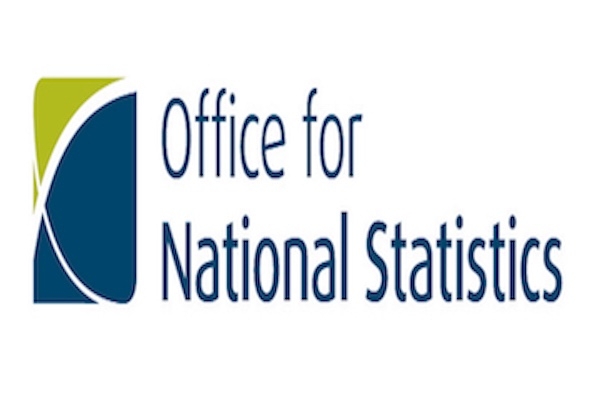CPI inflation showed a significant fall last month to 2% but experts warn that the drop may only be temporary and a rate of 4% by the year end is possible.
The recent rapid rise in CPI eased in July as price rises eased.
There were falls in the prices of clothing, footwear and recreational goods and services following ‘Freedom Day’ in July when many Coronavirus restrictions were relaxed.
ONS said that some of the easing in inflation was due to more goods and services becoming available again as lockdown eased.
Overall the Consumer Prices Index (CPI) rose by 2% in the 12 months to July 2021, down from 2.5% to June.
On a monthly basis, CPI was unchanged in July 2021, compared with a rise of 0.4% in July 2020.
The wider Consumer Prices Index including owner occupiers’ housing costs (CPIH) rose by 2.1% in the 12 months to July 2021, down from 2.4% in the 12 months to June.
ONS said the largest upward contribution to the CPIH 12-month inflation rate came from transport costs as petrol prices rose. Price rises for second-hand cars, compared with falls a year ago, were a major upward factor.
Melanie Baker, senior economist at Royal London Asset Management, said: “Inflation fell more than expected in July, but the dip is likely to prove temporary. It isn’t likely to alter the path of monetary policy either. Though inflation fell short of consensus expectations, it barely missed the Bank of England staff forecasts. Those forecasts from earlier in the month then expected a swift bounce to 3% year-on-year for the CPI measure.
Derrick Dunne, CEO of YOU Asset Management, said: “Much to the relief of monetary policy-makers, the UK’s red-hot price inflation has somewhat cooled for the first time since February, with a notable drop in the CPI from 2.5% in June to 2.0% in July. But although this undoubtedly eases pressure on the Bank of England, its economists will know that this is merely a recess, not a reversal. Despite the drop, we have not passed the peak.”
Neil Messenger, director – client and markets at Standard Life’s Financial Planning arm 1825, said: “July’s inflation dip is likely to be transitory – so savers shouldn’t get too comfortable. Businesses continue to grapple with inflationary pressures as the economy re-opens and the Bank of England now forecasts the headline measure to hit 4% by the end of the year, doubling the government’s 2% target.”
Daniel Casali, chief investment strategist at Tilney Smith & Williamson, said: “While unfavourable base effects from a year ago led to a slowing in the annual July CPI inflation, the risk of a higher future inflation rate remains tilted to the upside. As the economy is reopened from social distancing rules that were largely removed on “Freedom Day” on 19 July, expect a rotation in consumer spending towards services over goods.
“Greater demand, as well as rising wage growth in the leisure and hospitality sectors, will continue to exert upward price pressure in services and push-up overall inflation. In July, services CPI inflation accelerated to 1.6% from a record low of 0.6% in August 2020.”

